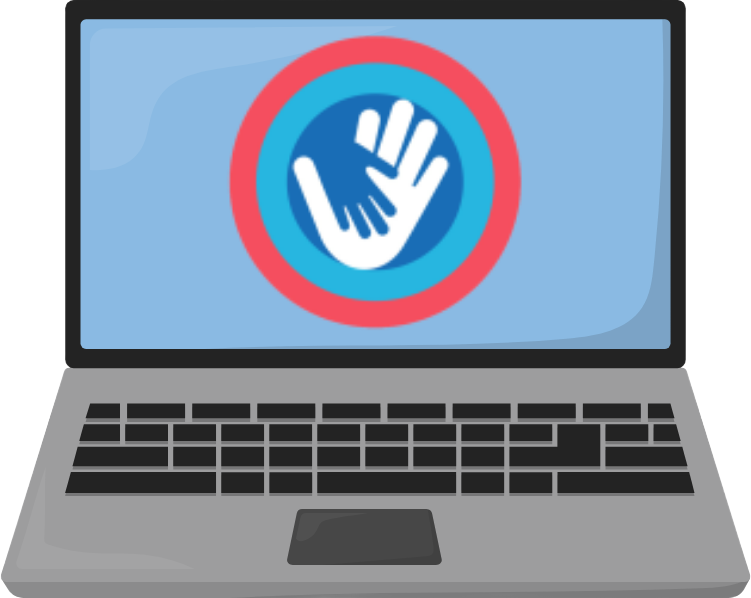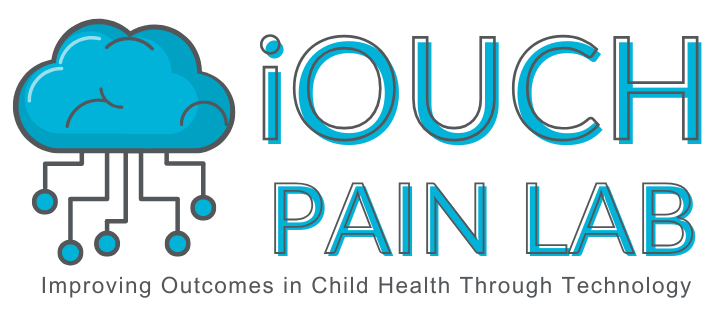Power Over Pain for Primary Caregivers
Supporting those who support—because caregivers’ health matters too.


Mission & vision
PoPPc aims to prioritize caregiver well-being as a core component of paediatric pain care. By integrating digital health solutions specifically addressing caregiver health and well-being, into routine health care, PoPPc seeks to reduce caregiver stress and burnout, improve family functioning, and enhance child health outcomes.
Our vision is to create a scalable, inclusive, and evidence-based platform that ensures all caregivers—regardless of location or background—have access to the support they need, when they need it.
Research & evidence
PoPPc Team
PoPPc is led by Dr. Nicole Pope in collaboration with Dr. Jennifer Stinson, parent partners with lived experience and a multidisciplinary team of experts in paediatric pain, digital health, and caregiver advocacy.
Our research partners include leading Australian and Canadian institutions, ensuring a global perspective on digital caregiver support. The project is backed by a strong network of clinicians, digital health researchers, organizational partners (‘SKIP’, ‘Child Unlimited’), and caregivers with lived experience to ensure its real-world relevance and impact.
Scoping review
Mapped 73 studies on virtual caregiver support and identified potentially relevant, evidence-based resources to integrate into PoPPc.
We generated an Evidence and Gap Map from this review and revealed a lack of interventions addressing caregivers’ own health needs, including mental well-being, pain management, and systemic support.
Qualitative needs assessment
In-depth interviews with 32 caregivers across Australia and Canada highlighted emotional distress, social isolation, role strain, and barriers to accessing tailored support. These insights directly informed PoPPc’s co-design, accessibility, and content strategy.
Publications
PoPPc’s research findings have been published in peer-reviewed journals, contributing to the global evidence base on caregiver-targeted digital health interventions. Explore our latest publications and the Evidence and Gap Map, which visualizes gaps in existing support solutions.
[Coming Soon!]Opportunities to participate
Are you a caregiver, researcher, health-care provider, or organization interested in partnering with PoPPc?
PoPPc actively engages caregivers, clinicians, and digital health experts to co-design the platform. Explore opportunities below for collaboration, research studies, and digital health integration.

General inquiries
Dr. Nicole Pope’s patient-oriented research program focuses on designing and mobilizing evidence-based solutions for pain experienced by children and their families. Dr. Pope collaborates with diverse expert teams to co-design and evaluate digital solutions in pediatric pain care, including co-designing a scalable digital solution that provides primary caregivers free and rapid access to evidence-based care addressing their own physical and psychological well-being and evaluating the impact of virtual reality on pain rehabilitation. Her work strives to integrate innovative solutions to improve both child and family outcomes She is a strong advocate for the partnership of patients and families in health research.
Funding for this work was generously provided by:



